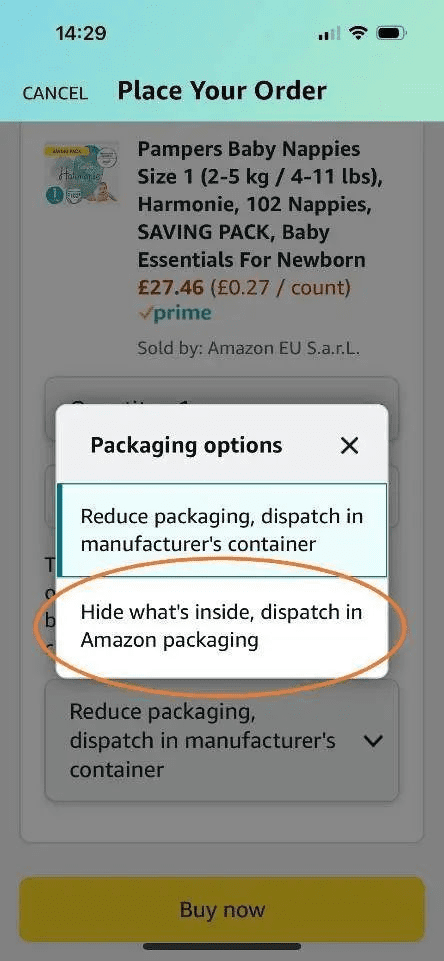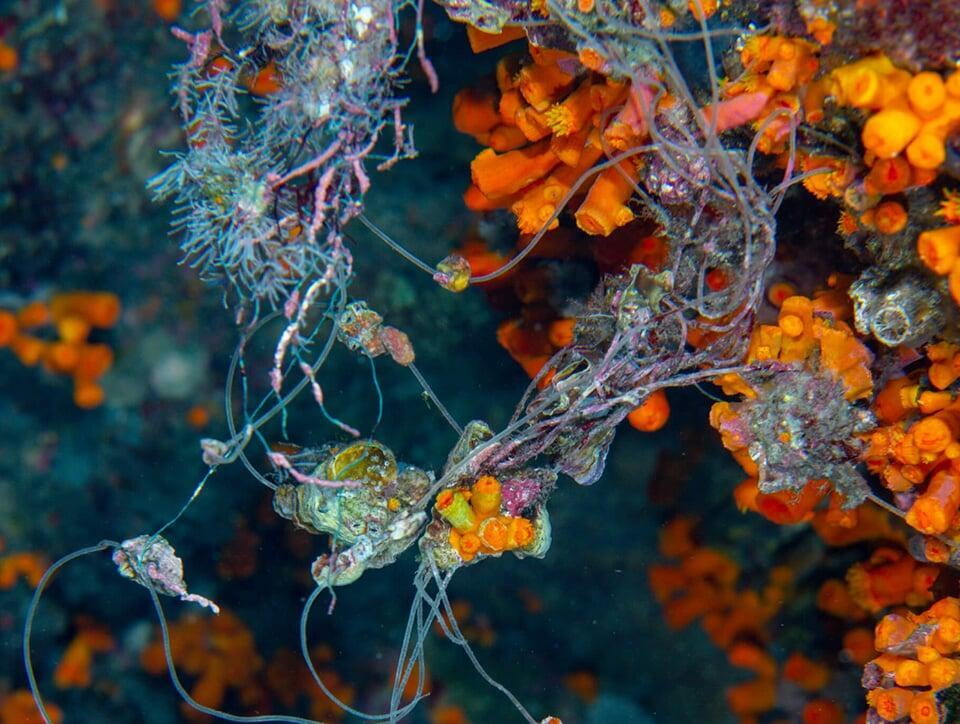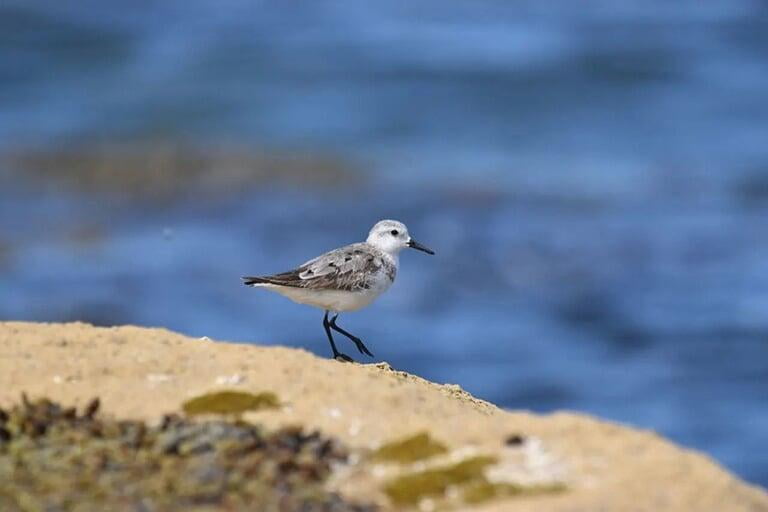1. Amazon: more than half of European consumers don't mind "no extra packaging" for online purchases
In a recent study commissioned by cross-border e-commerce platform Amazon, more than half (52%) of European adults said they wouldn't mind if online purchases were delivered with "no extra packaging" in order to reduce their impact on the environment. Nearly a third of adult respondents (32%) want retailers and manufacturers to reduce product packaging. No additional packaging means lighter shipments, fewer logistical carbon emissions per parcel, and no need for customers to recycle additional cartons or paper bags.

Amazon offers customers different packaging options
2. New International Study Says Global Coral Reefs and Freshwater Lakes Widely Contaminated by Plastic
In two recent environmental papers published in the prestigious international academic journal Nature, researchers have revealed the extent of plastic pollution in global waters by showing evidence of widespread plastic pollution in coral reefs and freshwater lakes. Of these, coral reef-related studies found that the vast majority of plastics were larger fragments (most of which came from fisheries) and that these large plastics were particularly abundant in deep-water corals; and studies assessing freshwater lakes and reservoirs found that all assessed bodies of water were contaminated with microplastics.

Fishing line tangles with and breaks tree coral at a depth of 70 meters in Cape Verde
3. Study Reveals Mediterranean Sea as Biggest Risk Area for Seabird Exposure to Plastic Litter
A study from the University of Lisbon, Portugal, published in the 4th edition of the journal Nature Communications, reveals the areas at risk of endangered seabirds being exposed to plastic waste, with the highest risk being in the Mediterranean Sea. The study also shows that the threat to marine life from plastic pollution extends beyond national borders, with a quarter of the risk of plastic exposure occurring in the open ocean. Much of this has to do with circulation (the large system of rotating ocean currents).

4. Australia's annual plastic consumption and carbon emissions equivalent to 5.7 million cars
A joint study recently released by the Australian Marine Conservation Society and the World Wide Fund for Nature (WWF) has revealed that the greenhouse gases from plastics consumed in Australia in the 2019 to 2020 financial year is 16 million tons of carbon dioxide equivalent. According to the report, this means that Australians produce the same amount of greenhouse gases from plastic consumption as 5.7 million cars annually. The report suggests that the most effective way to reduce greenhouse gases is to reduce overall plastic consumption. In addition, there should be a reduction in plastics made from fossil fuels, as well as promoting recycling.


